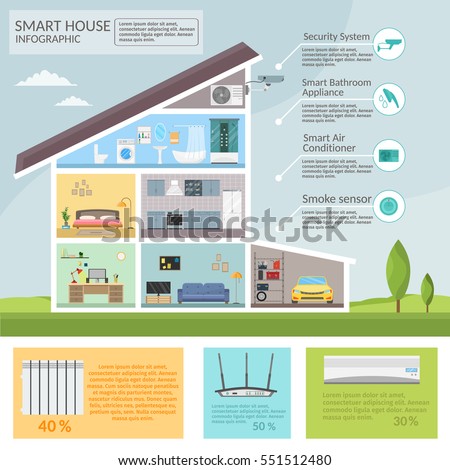The Ultimate Overview To Understanding Warm Pumps - Just How Do They Work?
The Ultimate Overview To Understanding Warm Pumps - Just How Do They Work?
Blog Article
Writer-Roy Hanna
The very best heat pumps can conserve you substantial quantities of money on energy costs. They can additionally help in reducing greenhouse gas exhausts, particularly if you make use of power instead of fossil fuels like gas and heating oil or electric-resistance heating systems.
Heatpump function quite the same as a/c unit do. This makes them a viable option to standard electrical home heating systems.
Just how They Function
Heat pumps cool down homes in the summer season and, with a little help from electrical energy or natural gas, they give several of your home's heating in the winter months. They're an excellent alternative for people that wish to reduce their use of fossil fuels but aren't prepared to replace their existing heater and cooling system.
They rely on the physical fact that also in air that appears as well cold, there's still energy existing: warm air is constantly moving, and it intends to move right into cooler, lower-pressure settings like your home.
The majority of power celebrity certified heat pumps run at near to their heating or cooling capacity throughout a lot of the year, lessening on/off cycling and saving power. For the very best performance, focus on systems with a high SEER and HSPF ranking.
The Compressor
The heart of the heat pump is the compressor, which is also known as an air compressor. This mechanical flowing device makes use of possible energy from power development to boost the stress of a gas by lowering its volume. It is various from a pump because it only services gases and can't work with fluids, as pumps do.
Atmospheric air goes into the compressor with an inlet valve. It travels around vane-mounted arms with self-adjusting length that split the inside of the compressor, producing several cavities of differing size. The blades's spin pressures these tooth cavities to move in and out of stage with each other, pressing the air.
https://spanishnewstoday.com/beat_the_heat_10_tips_to_surviving_a_heatwave_without_air_conditioning_1774003-a.html pulls in the low-temperature, high-pressure refrigerant vapor from the evaporator and presses it into the hot, pressurized state of a gas. https://emilianoydapj.blue-blogs.com/35962831/heat-pump-vs-furnace-which-is-the-better-home-heating-option-for-your-home is duplicated as needed to provide home heating or air conditioning as needed. The compressor likewise consists of a desuperheater coil that recycles the waste warm and adds superheat to the refrigerant, altering it from its liquid to vapor state.
The Evaporator
The evaporator in heat pumps does the very same thing as it does in refrigerators and air conditioning unit, changing fluid refrigerant right into a gaseous vapor that gets rid of warmth from the area. Heatpump systems would certainly not function without this vital piece of equipment.
This part of the system is located inside your home or structure in an indoor air trainer, which can be either a ducted or ductless unit. It includes an evaporator coil and the compressor that compresses the low-pressure vapor from the evaporator to high pressure gas.
Heat pumps take in ambient warmth from the air, and afterwards make use of power to move that warm to a home or company in heating setting. simply click the following page makes them a lot extra energy reliable than electrical heating units or heating systems, and since they're making use of clean power from the grid (and not burning gas), they also create much less discharges. That's why heat pumps are such great environmental selections. (Not to mention a big reason that they're coming to be so preferred.).
The Thermostat.
Heat pumps are wonderful options for homes in cold climates, and you can utilize them in mix with standard duct-based systems or even go ductless. They're a terrific alternate to fossil fuel furnace or typical electrical heaters, and they're a lot more lasting than oil, gas or nuclear HVAC equipment.
Your thermostat is one of the most crucial element of your heat pump system, and it functions really in different ways than a conventional thermostat. All mechanical thermostats (all non-electronic ones) job by using compounds that alter dimension with boosting temperature level, like curled bimetallic strips or the expanding wax in a cars and truck radiator shutoff.
These strips consist of two various kinds of metal, and they're bolted together to form a bridge that finishes an electric circuit linked to your HVAC system. As the strip gets warmer, one side of the bridge broadens faster than the other, which triggers it to flex and signal that the heater is required. When the heat pump remains in home heating setting, the reversing shutoff turns around the circulation of refrigerant, so that the outside coil currently operates as an evaporator and the interior cylinder comes to be a condenser.